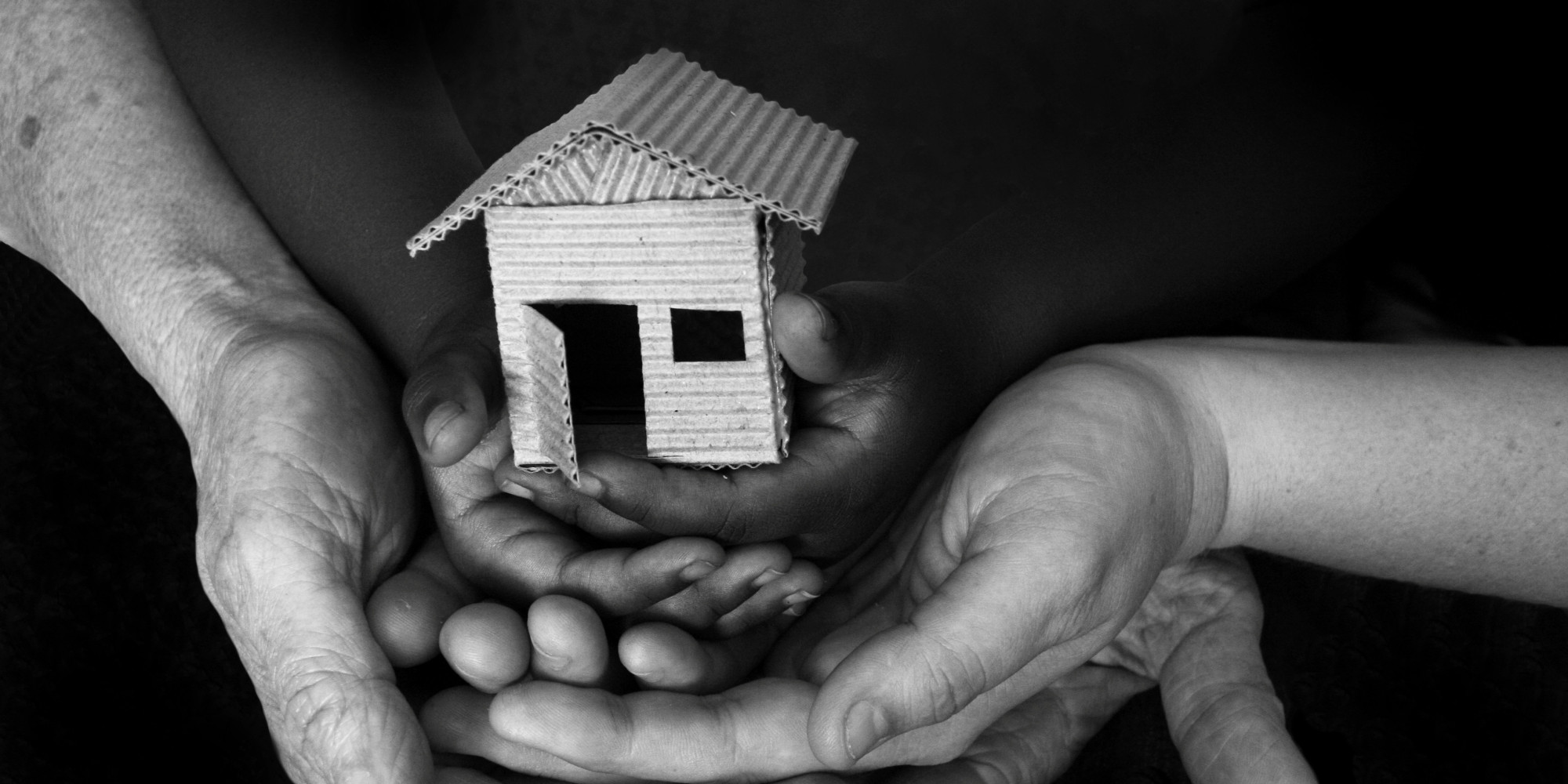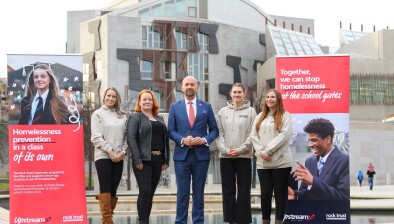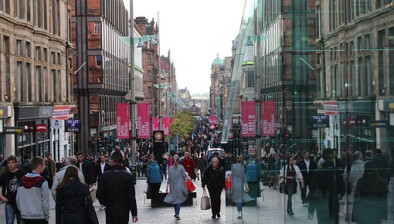Scottish homelessness levels expected to rise by a third in two years

Homelessness levels in Scotland are projected to increase by a third in the space of just two years if ministers fail to change their approach, a new report has found.
The 2024 Scottish Homelessness Monitor, commissioned by homelessness charity Crisis in collaboration with Heriot-Watt University, estimated that the number of households experiencing the most serious forms of homelessness could rise to 22,730 this year and 24,450 by 2026 without significant policy changes.
The number of people experiencing homelessness in Scotland is already higher than levels seen before the pandemic. Overall the study found that an estimated 18,400 households experienced a form of ‘core homelessness’ on any given day in 2022 – up by 11% since 2020.
While rough sleeping levels remain lower than pre-pandemic – and are set to remain largely stagnant over the next 15 years according to the report’s forecasts – it is a different story in temporary accommodation.
The number of placements and the amount of time spent in temporary accommodation has surged to historic highs with 15,060 households put up in makeshift homes. That’s almost 30% higher than before the pandemic began in March 2020.
The number of children in temporary accommodation rose 10% last year alone, to 9,595, the highest level on record.
Meanwhile, the use of bed and breakfast hotels across Scotland grew by 124% in the three years to March 2023 – rising from 789 to 1,765 households.
Matt Downie, chief executive of Crisis, said: “The risk of a significant rise in homelessness over the coming years should worry us all. We can’t just sit back and watch as more people are forced onto the streets, to sleep in cars or garages, or spent months or years trapped in emergency accommodation that just isn’t fit for their basic needs.
“It doesn’t need to be that way. Scotland has proven good policy can make a difference in the past, and it can do it again. As this report shows, by investing in homelessness services and by pushing on with plans to prevent homelessness, backed by adequate resource, the Scottish government can stop that future from becoming a reality.
“We know what causes homelessness and we know how to end it. By working together, we can build a Scotland where everyone has a safe, secure place to call home.”
Dr Beth Watts-Cobbe, senior research fellow at Heriot-Watt’s Institute for Social Policy, Housing and Equalities Research, said: “This year’s homelessness monitor paints the picture of a system under huge strain – with rising numbers of people presenting as homeless over the past two years, reports of growing footfall from local authorities and intense challenges accessing accommodation to resolve people’s homelessness.
“Homelessness has been a major area of policy focus for the Scottish government since 2017 and with the right commitment Scotland can reverse these trends and reduce homelessness.”
But while the report projected a rise in levels of homelessness under present conditions, it also found that the right policy interventions would significantly reduce it.
A comprehensive package of measures including the UK Government raising the level of housing benefit by raising Local Housing Allowance rates in April, alongside new measures in Scotland to prevent homelessness, could reduce the worst forms by 56% by 2026.
Increasing working-age benefit levels alongside more specific measures to reduce destitution would drive down homelessness rates too, academics said.
Scottish Labour housing spokesperson Mark Griffin said “This damning report lays bare the impending catastrophe Scotland is facing.
“Homelessness is already at record levels, and without action it will soar by a third – but the SNP and the Greens insist there is no housing emergency.
“We need urgent action across the board to deal with this growing problem and ensure that everyone has a safe, secure home – including building affordable housing, properly funding councils and tackling the cost of living crisis.”
Crisis has called on the Scottish Government to allow people to get help from local authorities up to six months before they are at risk of homelessness.
The proposals are set to be part of Holyrood’s upcoming Housing Bill, but concerns remain over local authorities’ resources to take on additional duties. Three councils have already declared a housing emergency – Edinburgh, Glasgow and Argyll & Bute – and Fife looks set to follow. Two of those local authorities have specifically mentioned the issue of homelessness.
Housing minister Paul McLennan said he welcomed Crisis’ support for measures set to be introduced in the Housing Bill.
“We welcome this independent analysis of homelessness in Scotland and its assessment of the measures that are most effective in reducing homelessness. We have already committed to many of these measures in our homelessness strategy,” he said.
“Scotland has the strongest rights across the UK nations for people experiencing homelessness. Tackling homelessness is a key priority for the Scottish government and anyone threatened with or experiencing homelessness is entitled to advice and accommodation if they need it.
“We continue to call on UK ministers to introduce an Essentials Guarantee to be applied to universal credit and other reserved benefits, so social security benefits adequately cover the cost of essentials and better protect the most vulnerable people.”







